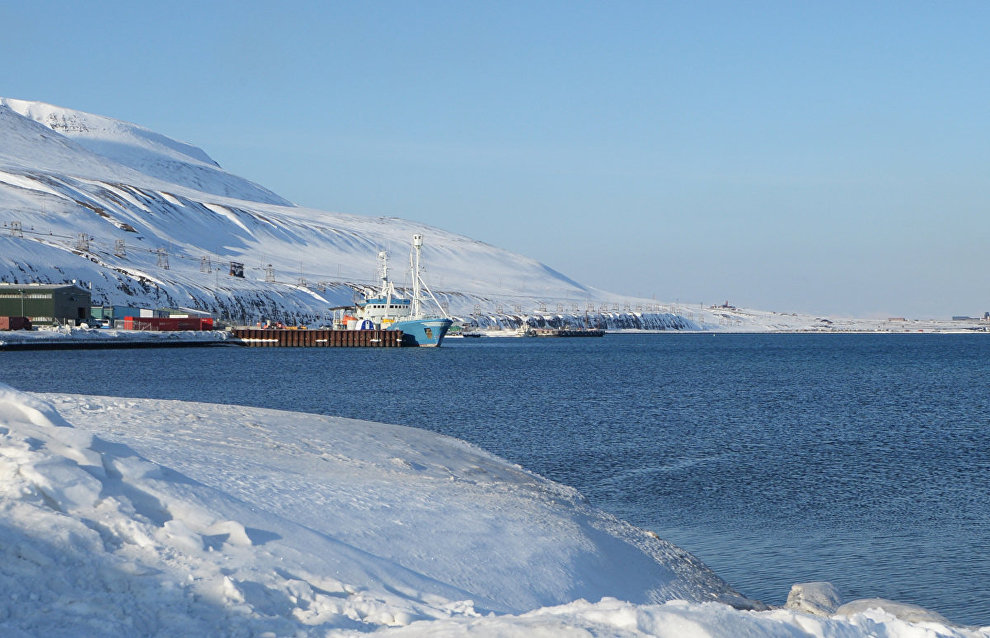Arctic expedition onboard Swedish icebreaker to depart from Spitsbergen (Svalbard) on Tuesday
The Arctic Ocean 2016 International Polar Expedition onboard the Swedish Oden icebreaker will set off from Spitsbergen (Svalbard) on August 9, RIA Novosti has reported, citing a press release of the Swedish Polar Research Secretariat.
"On Monday, August 8, researchers will arrive in Longyearbyen on Spitsbergen (Svalbard) to board the Oden icebreaker." After they settle in and review the safety rules, the Oden will weigh anchor on August 9 to embark on the Arctic Ocean 2016 research mission, the press release reads.
This will be the 18th expedition onboard the Swedish icebreaker. Swedish Minister of Education and Research Helene Hellmark Knutsson will attend the icebreaker's departure ceremony. Canadian researchers will study, among other things, the length of the Canadian continental shelf. The Swedish research program is aimed at collecting data for studies in environmental chemistry, marine geology and atmospheric research.
This year, researchers from the Swedish icebreaker will collaborate with their colleagues onboard the Canadian Louis S. St-Laurent icebreaker. The two ships are set to meet at the coast of Spitsbergen (Svalbard) to collect samples at the Amundsen and Makarov basins of the Arctic Ocean.
The research team onboard the Oden consists of 45 people ‒ 33 men and 12 women ‒ from 14 countries. Most researchers are from Sweden, Denmark, Canada and the UK, but there are also team members from Russia, Australia, the US, Colombia, Spain, Poland, Norway, Germany, Trinidad, and Iceland.
Researchers on the Canadian icebreaker number 24 people. Both teams include not only experienced researchers, but also young post-graduate students. There are also artists and a high school teacher.
The Oden is the only Swedish icebreaker that can work in the polar ice, and in the summer period it is often used by international research groups. In 1991, the Oden became the world's first non-nuclear icebreaker to reach the North Pole.
